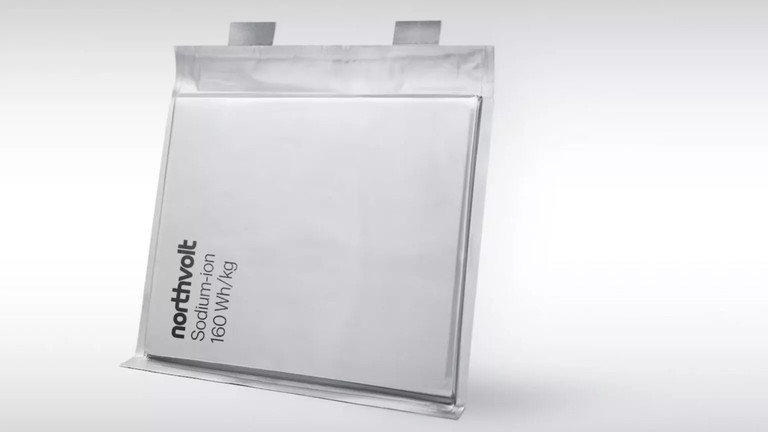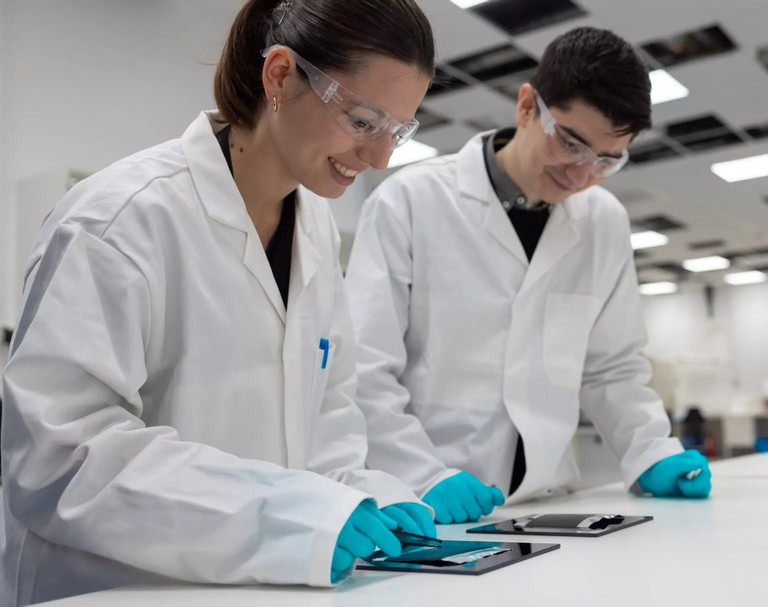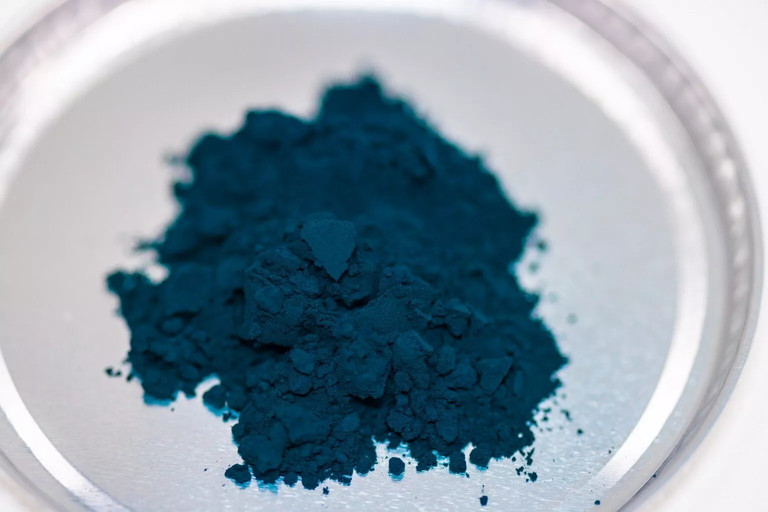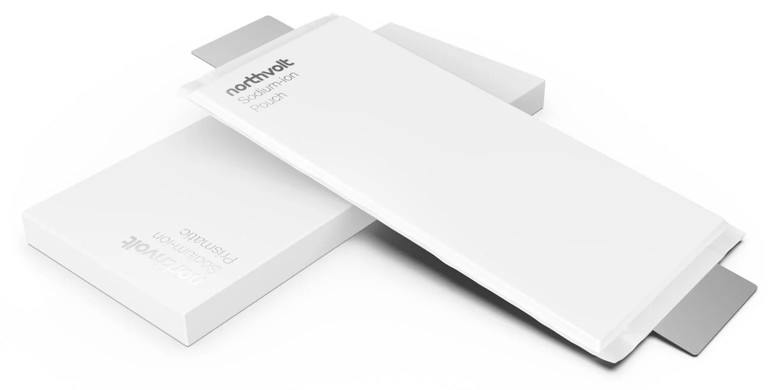The renowned Swedish battery manufacturer, Northvolt, recently announced the successful development of a cobalt-free sodium-ion battery, seen as a solution that could make electric cars more affordable and cleaner in the future.
While electric cars are considered environmentally friendly, emitting significantly less carbon dioxide than internal combustion engine vehicles, the raw material extraction for battery production remains a carbon-intensive process. Cobalt, in particular, is considered the “green diamond” of the current battery industry.

Northvolt has recently revealed the successful creation of a sodium-ion battery, reducing dependence on rare metals like cobalt. This type of battery is produced using a material called Prussian White, mainly composed of cost-effective and readily available metals such as iron or sodium. This innovation aims to cut costs and enhance safety compared to existing technologies like nickel, manganese, and cobalt (NMC) or iron phosphate (LFP).

According to Northvolt’s announcement, this new sodium-ion battery has an energy density of 160 Wh/kg, slightly lower than common lithium-ion batteries but higher than the lithium iron phosphate (LFP) batteries currently developed by Chinese companies CATL and BYD.
However, Northvolt stated that, at present, they have not yet integrated this sodium-ion battery into electric vehicles but are actively researching for future applications.
If successful, the prices of electric vehicle battery packs could see a significant reduction, making electric cars truly “cleaner” by minimizing CO2 emissions during the cobalt extraction process.

Peter Carlsson, the CEO of Northvolt, highlighted that sodium-ion batteries are cost-effective and safe at high temperatures, making them suitable for tropical regions worldwide. If successfully applied, this could be the ideal battery for electric vehicles.
“This is a significant milestone for Northvolt’s market direction. The world has high expectations for sodium-ion, and I am pleased to announce that we have developed technology enabling the rapid and global deployment of the clean energy transition. Such battery technologies are crucial to help the world achieve global environmental goals by accelerating the electrification process in an efficient, sustainable, and accessible manner,” said Peter Carlsson.

Common lithium-ion batteries in current electric vehicles contain various metals such as lithium, nickel, aluminum, iron, manganese, and cobalt. Among these metals, cobalt holds the highest value, surpassing all others combined.
Additionally, cobalt, while not as rare as some metals, experiences frequent price fluctuations due to geographical distribution and extraction methods, significantly impacting the overall production cost of electric vehicles.
The development of cobalt-free battery alternatives for lithium-ion batteries has been a focus of major global battery manufacturers for several years. Some alternatives like Lithium Iron Phosphate (LFP) have been created, but they do not achieve the same high energy density as lithium-ion batteries, affecting the range of electric vehicles.
According to Carscoops


